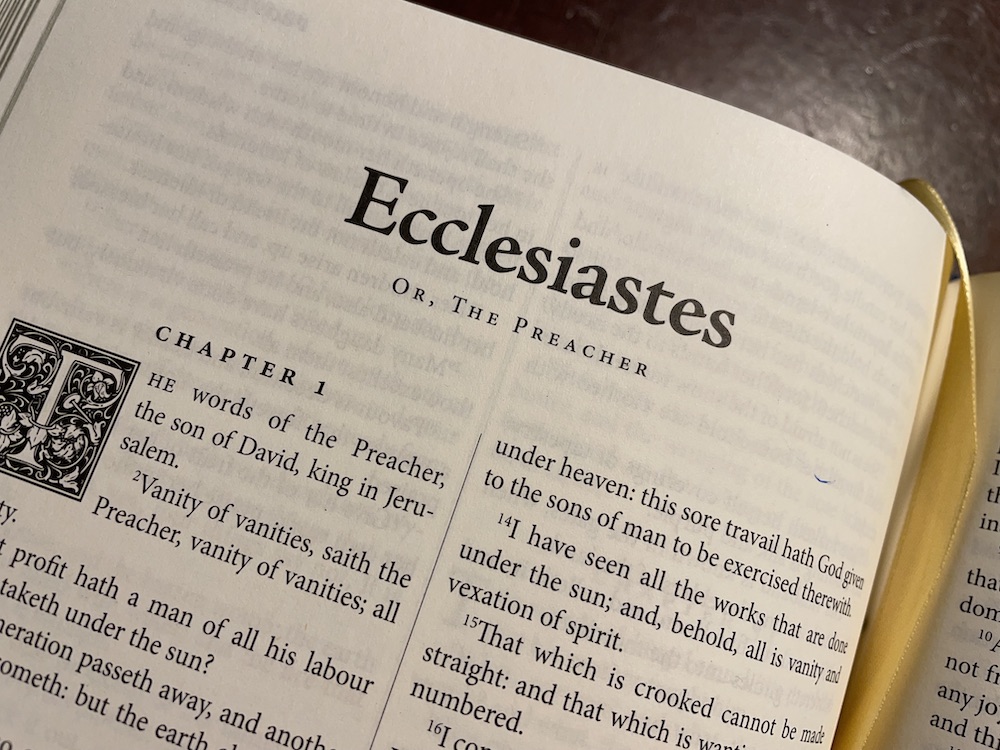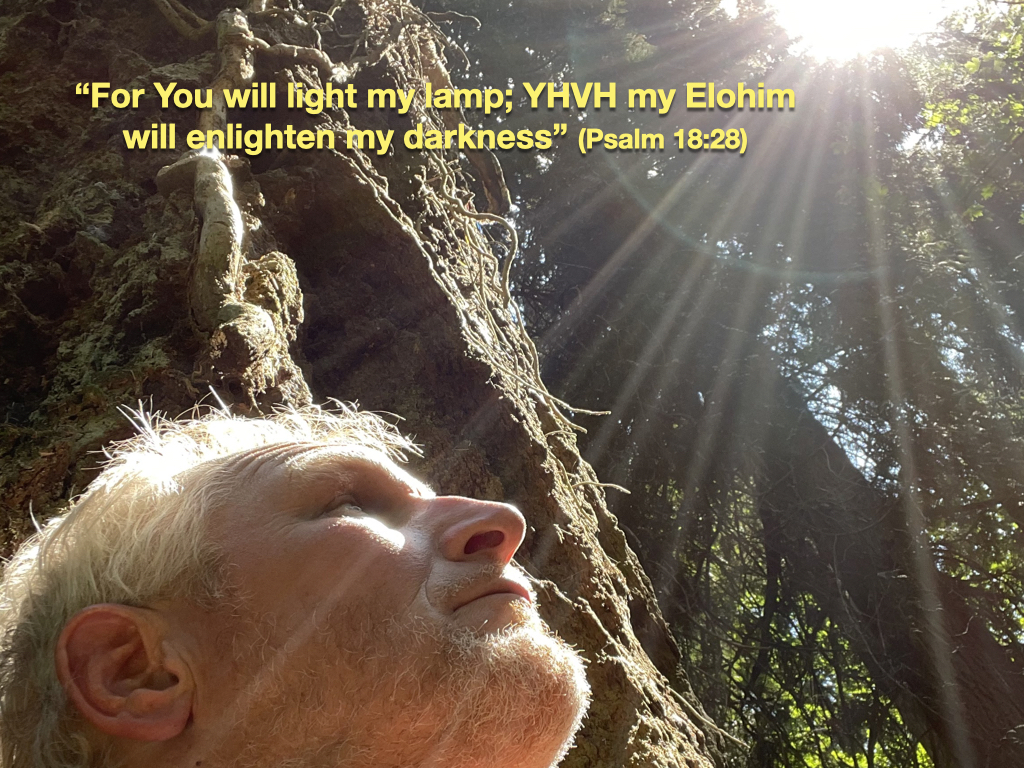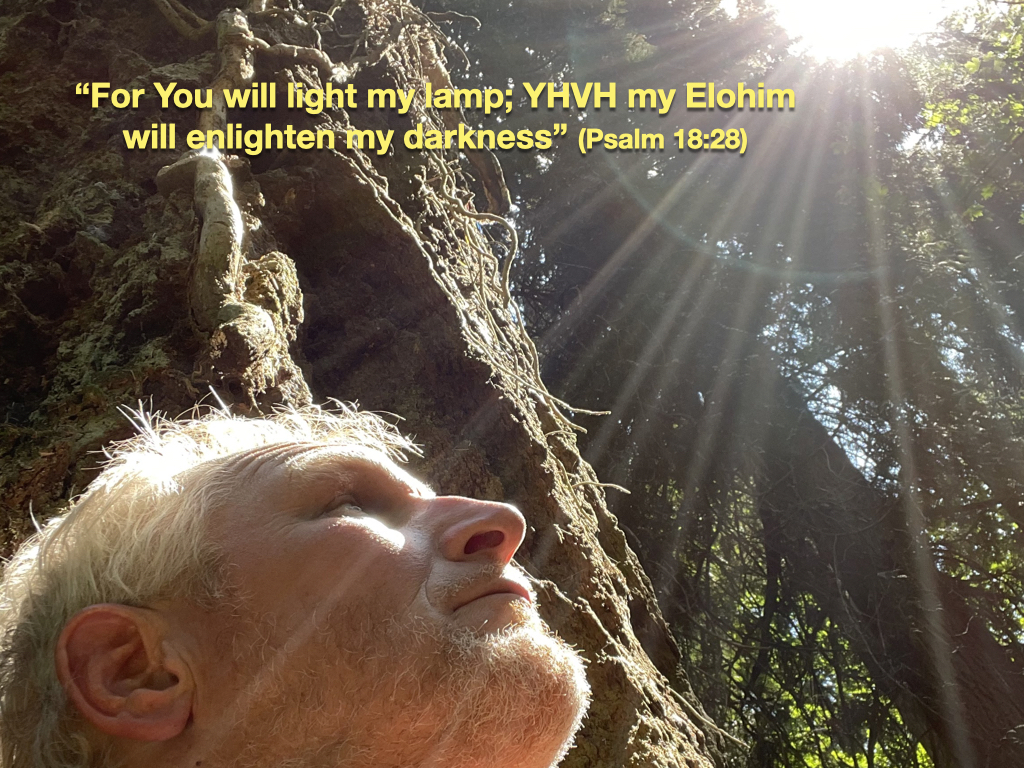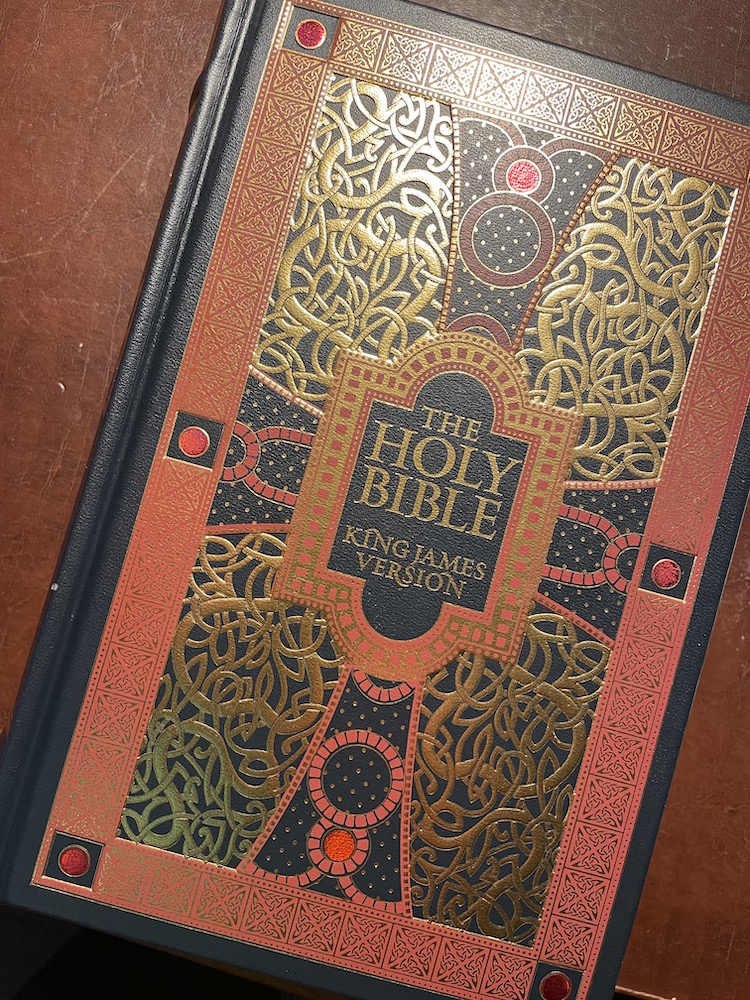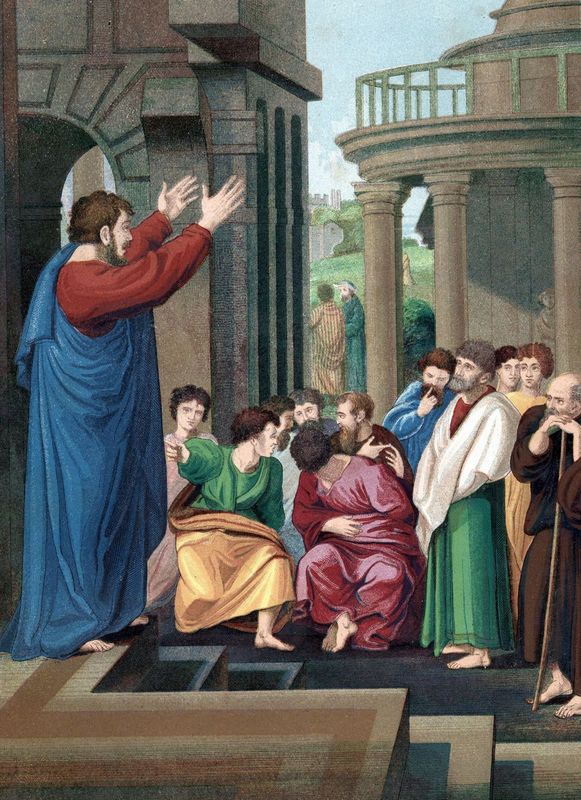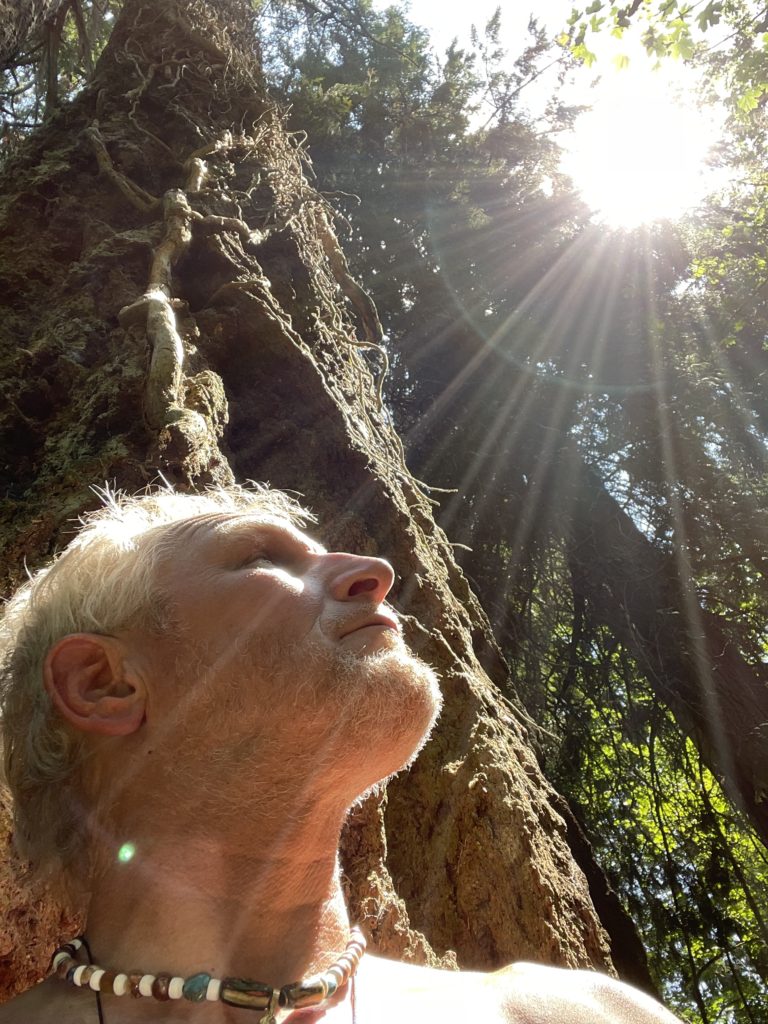
Ecclesiastes 11
Ecclesiastes 11:1–2, 6, Cast your bread. Go through life being a giver, for it will come back to you. Some people call it karma (a Hindu expression reflecting the pagan idea of reincarnation). In the Bible, on the other hand, it can be referred to as the law of reaping and sowing or the law of reciprocity: you reap what you sow.
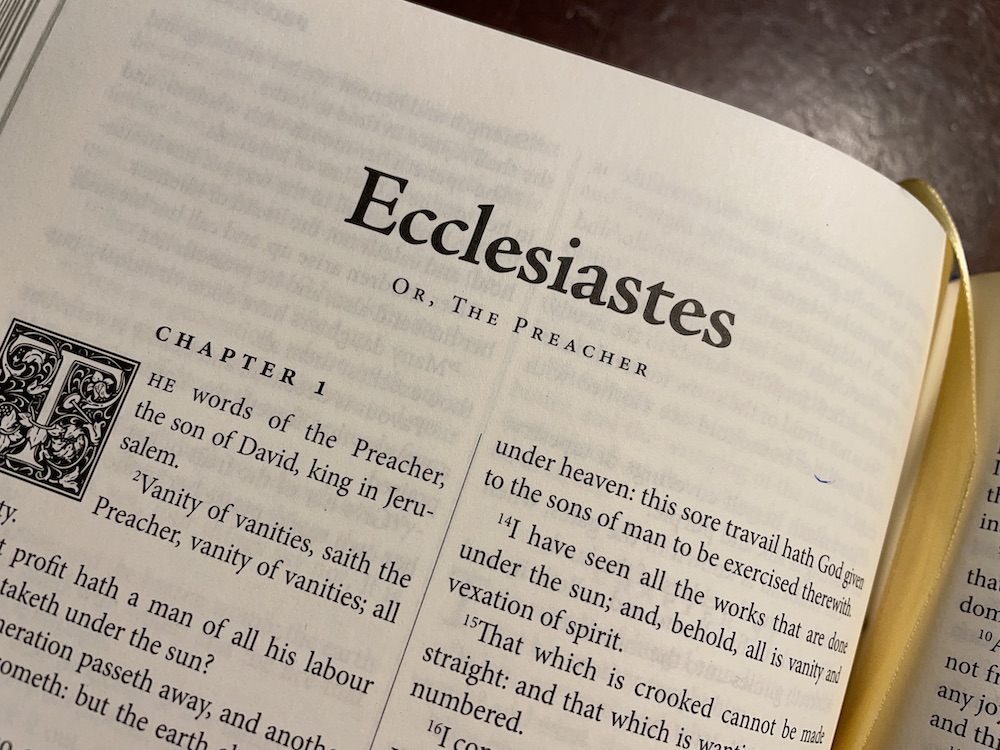
Ecclesiastes 11:3, If…there it shall be. Many things that happen in life are what they are, and you cannot change them, so accept them and just deal with it.
Ecclesiastes 11:4, He who observes the wind. If one spends one’s life waiting around for ideal conditions before doing anything, then one will never accomplish anything.
Ecclesiastes 11:5, You do not know. If it is impossible for us to wrap our brains around aspects of Elohim’s physical creation and how he interacts with humans on a spiritual level, then how can we understand his ways and methods? (Why even try to understand things that are above our limited capacity to do so? It is futile. Just praise, worship and obey YHVH Elohim!) For example, modern science has discovered much about the world around us, but wherever scientists’ searches take them, they eventually hit up against a wall of impenetrable mystery beyond which lays the unexplainable and ultimately the spiritual realm or dimension and the divine. Why not be a wise person and skip the middle man and go there directly by seeking, praising, worshipping and obeying YHVH Elohim?
Ecclesiastes 11:7–10, O young man. This is a final call to young people, upon whose shoulders the future rests, to wake up from the often foolish youthful ways and to face reality and the light of truth while they are still young and before it is too late. The old and wise Preacher instructs the youth to enjoy life, but that while doing so, not forget that a day of reckoning is coming. Even though ultimately everything in life is vanity or empty, meaningless nothingness, there is nevertheless something else beyond it all that is there for those who are wise and will open their eyes to the reality of this truth.
Ecclesiastes 12
Ecclesiastes 12:1, Creator[s]. Heb. boreka, plural. (For more examples of the plurality of the Creator, see also Job 35:10; Isa 54:5; Ps 149:2 according to Bible commentators Keil and Delitzsch, Adam Clarke, Matthew Henry, Jamison Faucett and Brown, and John Gill.)
Ecclesiastes 12:1, Remember. Remember means “do not forget.” With youth comes the zest for life, idealism, much energy, many distractions and the notion that one will live forever, that is, that old age is so far down the road that who needs to think about end of life issues? The wise Preacher says, “No! Stop now while you are young and remember your Creator.” Remember is the Hebrew word zakar meaning “to think about, meditate upon, pay attention, recollect, commemorate, invoke and confess.” This word indicates deep thoughtfulness and critical thinking. How many young people (and even older folks) stop even for a moment from the busyness of life to deeply ponder the long term consequences of their actions before the difficult days of old age come? When one is young is the time to make the necessary adjustments in one’s life, so that one will end up in a good place at the end of life when it is too late to do so. And the missing ingredient to insuring this, according to the Preacher, is to “remember your Creator in the days of your youth.” This is such a simple instruction, yet so hard for most young people to implement. Very few heed this advice, and if so, only marginally. Sadly, most young people end up only giving their Creator the left over crumbs of their time, energy and attention.
Ecclesiastes 12:2–8, The rigors of old age. In this section, the Preacher describes in the most graphic and poetic terms the perils and difficulties of old age. He especially focuses on health issues and the deterioration of the body along with life’s desires and passions. All begins to die until there is little left to live for and mere existence becomes a painful and burdensome task.
Ecclesiastes 12:6, Remember your Creator. Even though this phrase is not in the original Hebrew text, it is implied, which is why the translators inserted it here. So once again, the wise Preacher, after describing the perils and plight of old age, challenges the youth to factor their Creator into the equation of life while they are young before it is too late—before death stops the time clock of life and the judges’s gavel falls and the final judgment on one’s life is rendered. As Scripture reveals elsewhere, “And as it is appointed for men to die once, but after this the judgment…” (Heb 9:27), and “For we must all appear before the judgment seat of Christ, that each one may receive the things done in the body, according to what he has done, whether good or bad” (2 Cor 5:10).
Ecclesiastes 12:7, The spirit will return to Elohim. Previously, the Preacher almost provokes if not taunts the reader into thinking about end of life issues by asking the question, “Who knows the spirit of the sons of men, which goes upward, and the spirit of the animal, which goes down to the earth?” (Eccl 3:21). Now at the end of his dissertation, he affirmatively declares that the spirit of man returns to Elohim who gave it. This is an important fact to consider in that there is a part of each of us that returns to Elohim at the time of death. Even though each man possesses as an aspect of his makeup a immortal substance called spirit (along with his soul and body; see 1 Thess 5:23; see also Heb 4:12; Luke 23:46; Ps 90:10), this in no way implies that the spirit of man is conscious after the body’s death. Scripture is silent on this subject. Yet one thing is clear. Physical death is not the end of the human. There is more, yet the Preacher fails to elucidate on this point.
Ecclesiastes 12:8, Vanity of vanities. As we have noted before, this phrase is found only twice in Ecclesiastes: once at the beginning of the book (Eccl 1:2) and here again at the end. Also, as discussed previously vanity is the Hebrew word hebel meaning “vapor, breath, wind” or figuratively, as the author of this book often uses it, “worthless, senseless, empty, futile or vacuous.” The root of the word hebel is the verb “to act emptily.” Thus, as we have seen after examining Ecclesiastes, the vast majority of human activities can be summed up as nothing more than being emptiness, meaningless and senseless. As the Preacher starts the book, so he ends the book with this terse and seemingly hopeless summation of life…yet he does not actually leave the reader in this hopeless place.
Ecclesiastes 12:13–14, Hear the conclusion. “Look heavenward!” the Preacher seems to declare. Through the gloomy mist and fog of life’s conundrums, the author continually encourages his readers to look up toward the heavens for the answers to the nagging questions about the meaning and purpose of life. He then concludes by saying,
Let us hear the conclusion of the whole matter: Fear Elohim and keep His [Torah] commandments, for this is man’s all. For Elohim will bring every work into judgment, including every secret thing, Whether good or evil. (Eccl 12:13–14)
Couple these verses with the revelation that the human spirit returns to Elohim when we die (v. 7), and that each of us will be judged for what we have done while in our bodes and rewarded accordingly (2 Cor 5:10), and if a person heeds the advice of the Preacher, it will end up well for him eternally.
Therefore, the overall message Ecclesiastes may seem gloomy and hopeless, there is a silver lining, so to speak, in this dark cloud called life for those who remember their Creator and look up and fear him by obeying his Word.



